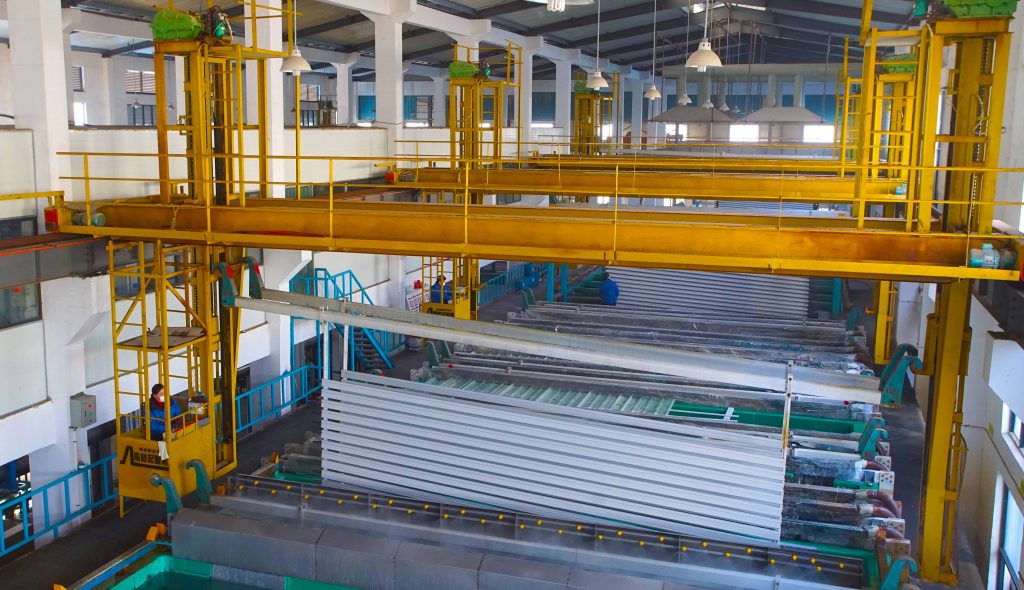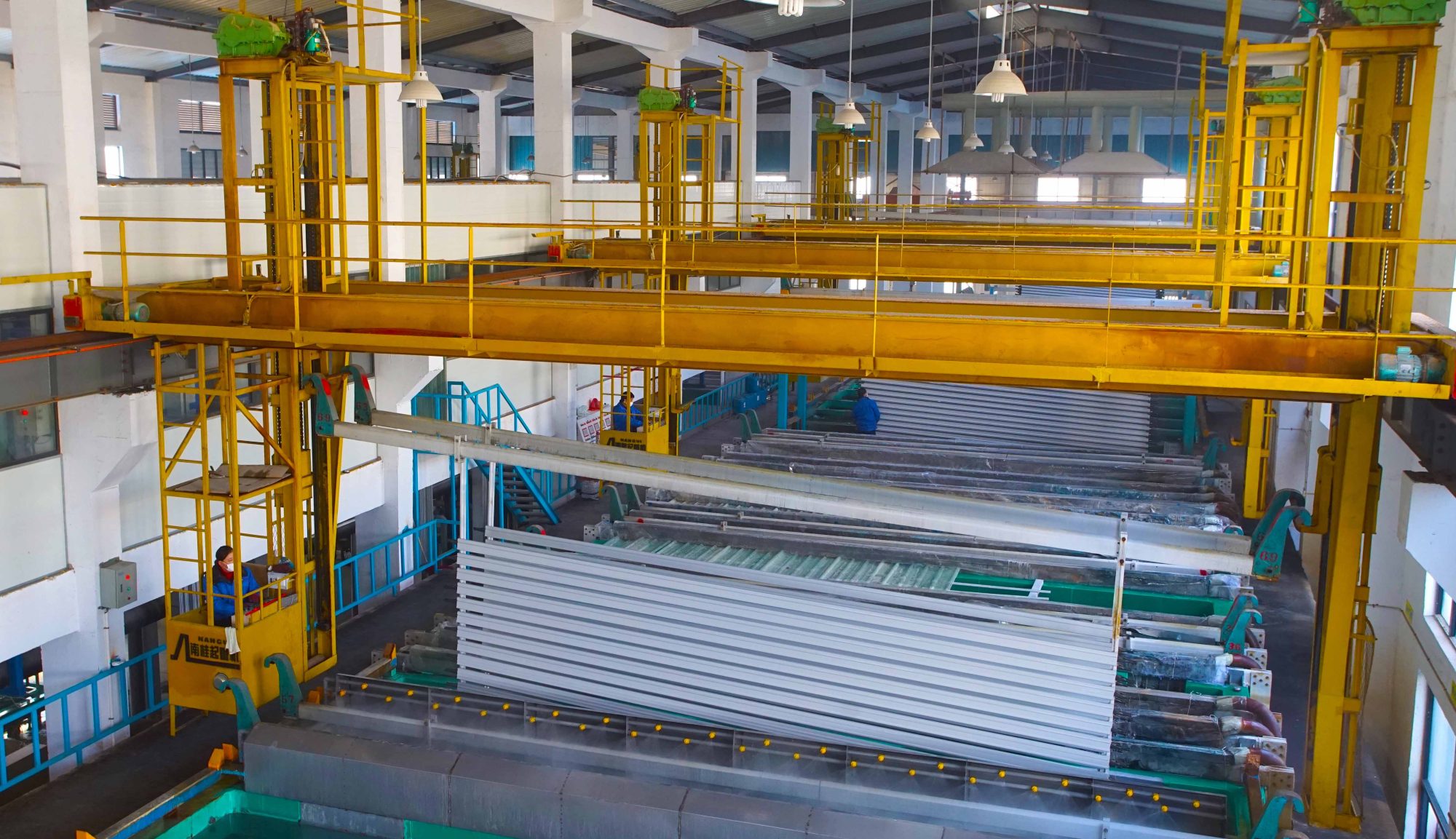Aluminum at a Crossroads: The EU’s Delicate Dance with Russian Imports
In the intricate ballet of international trade and sanctions, the European Union finds itself at a pivotal juncture, contemplating a move that could reverberate through the corridors of global aluminum markets and the myriad industries they fuel. At the heart of this deliberation lies the EU’s consideration to potentially ban Russian aluminum imports—a decision mired in complexity and fraught with broad implications.
The Role of Russian Aluminum in the EU Market
Russia, a titan in the global aluminum supply chain, commands a significant presence in the EU market. With imports from Russia accounting for 9% of the EU’s total aluminum imports and 5% of its consumption, the metal’s role is undeniably critical. Aluminum’s versatility and applications across various sectors—from automotive to construction and beyond—underscore its importance.
Potential Implications of an Import Ban
The prospect of banning Russian aluminum imports casts a long shadow, with concerns over escalating global prices and looming supply shortages at the forefront. Particularly for industrial behemoths like Italy, where the demand for aluminum is both large and essential, the stability of supply is paramount. The specter of shortages, spurred by sanctions, threatens to disrupt domestic industrial production and send ripples across the global supply chain.
Opposition and Concerns Within the EU
Amidst these deliberations, voices of opposition and concern emerge from within the EU itself. Producers in countries like Lithuania, Latvia, Estonia, and Poland express solidarity with the potential ban, yet the broader consensus leans towards caution. Industrial consumers within the EU, wary of the “economic tactical nuclear bomb” that a ban could represent, advocate for a more measured and comprehensive approach to sanctioning, one that weighs the economic and industrial scales with care.
The Broader Economic and Industrial Impact
The ramifications of a ban extend beyond immediate supply concerns, hinting at deeper economic repercussions. The call from within the EU for a balanced consideration of sanctions reflects a recognition of the intricate web of dependencies and the potential for far-reaching consequences.
Future Prospects and Alternatives
As negotiations continue and the future of EU-Russian aluminum trade hangs in the balance, the search for alternatives and solutions becomes ever more critical. The EU’s challenge lies in navigating the fine line between upholding its stance on sanctions and ensuring the stability of its industrial and economic landscapes.
Conclusion
The EU’s deliberation on Russian aluminum imports encapsulates the broader dilemmas faced by nations grappling with the complexities of international trade, sanctions, and the imperative to maintain economic and industrial equilibrium. In this dance of diplomacy and decision-making, the path forward remains as intricate as the aluminum at its core—indispensable, versatile, and, above all, pivotal to the industries that depend on it.

